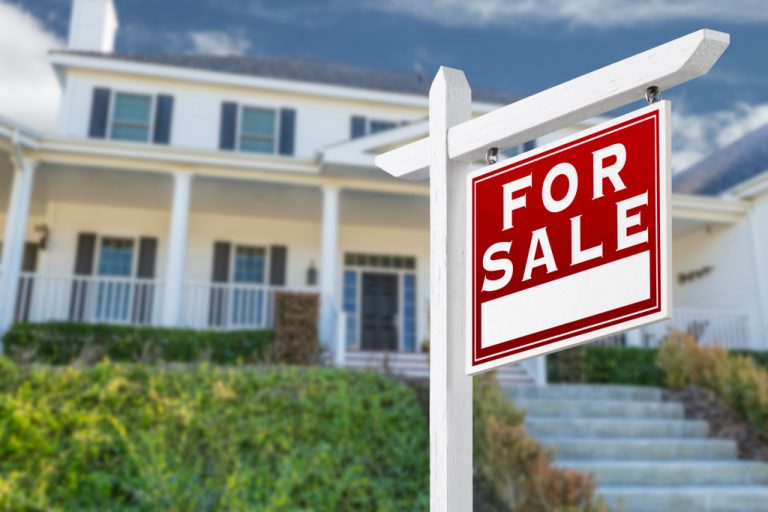At some point in your life, you’ve probably heard of “buyer’s remorse.” Scientifically speaking, it’s a form of cognitive dissonance or a short period of mental discomfort because of your conflicting feelings about a purchase. In simpler terms, buyer’s remorse is when you start to question whether that $100 portable food processor is worth it when you don’t often cook.
Buyer’s remorse is more common for big purchases like a car or a house. But when it comes to the latter, sometimes homeowners have to contend with more than just buyer’s remorse. There’s also the neighborhood regret.
What is Neighborhood Regret?
Much like buyer’s remorse, neighborhood regret is homeowners’ feelings of post-purchase doubts and regrets. The term was coined by Trulia, a database of real estate for-sale and rental listings, after their 2018 homebuyers and renters survey revealed that 36 percent of recently relocated Americans would have moved to a different neighborhood than their current one.
Among the chief reasons for homeowners’ neighborhood regret is the lack of social activity, street noise, and frequent traffic. But Trulia has also found that most renters and homebuyers failed to do their research on the neighborhoods they were looking at before moving in.
So if you’re looking for a new place to move into, avoid neighborhood regret and live comfortably in your new place by doing these house hunting strategies:

1. Visit and explore the neighborhood in person
According to Trulia’s survey, one of the most influential factors for deciding to move into a new place is the neighborhood’s “vibe” and this isn’t something you’ll get from looking through listings online. Whether you’re looking for a house in a master-planned community or a unit at a high rise apartment, it’s best to visit the location and explore the neighborhood in person. This way, you can get a feel of the community and decide if it’s right for your lifestyle.
2. Ask around
If you’re already visiting the neighborhood in question, you can take advantage of the opportunity to ask locals about how it’s like living there. Visit a local shop and chat with the clerks or go for a walk in the park and strike up a conversation with a pedestrian. These will give you a better insight into the neighborhood straight from the people already living there.
3. Look into the neighborhood’s safety
Safety and security are also highly influential factors when it comes to choosing the neighborhood in which you’ll move. Yet, Trulia’s survey revealed that a majority of people don’t look into police reports or visit the neighborhood at night before moving into their new home. A cursory Google search can bring you a ton of information regarding crime rates and safety of your desired neighborhood.
Finally, if you want the best neighborhood that will fit into your plans, learning how to search wisely is invaluable. If you know what you want and don’t want in a house and in the neighborhood, such as transportation options, schools, and shopping centers, you can screen for the right ones and improve your chances of finding a home in an area where you’ll be safe, comfortable, and happy.



